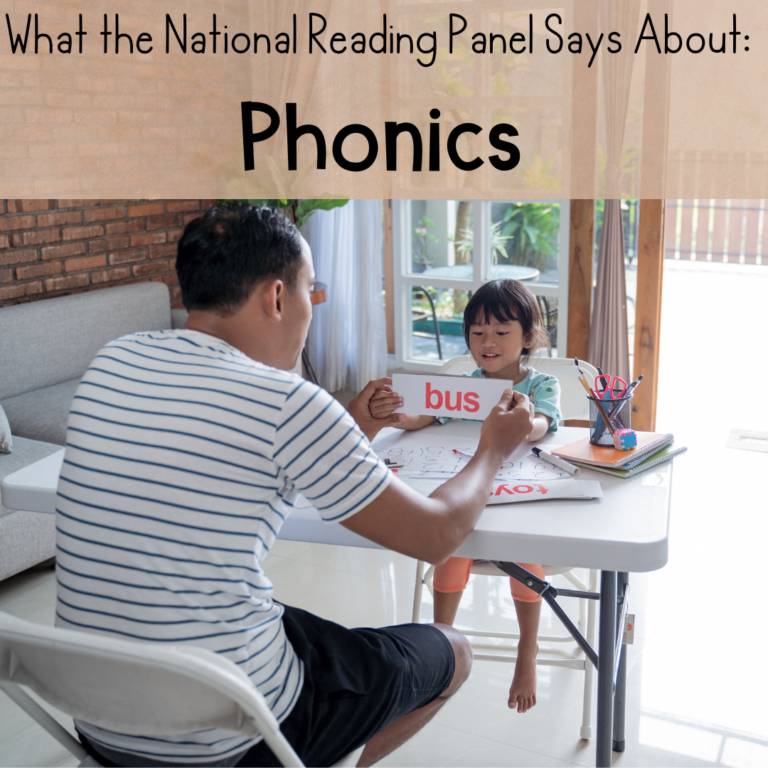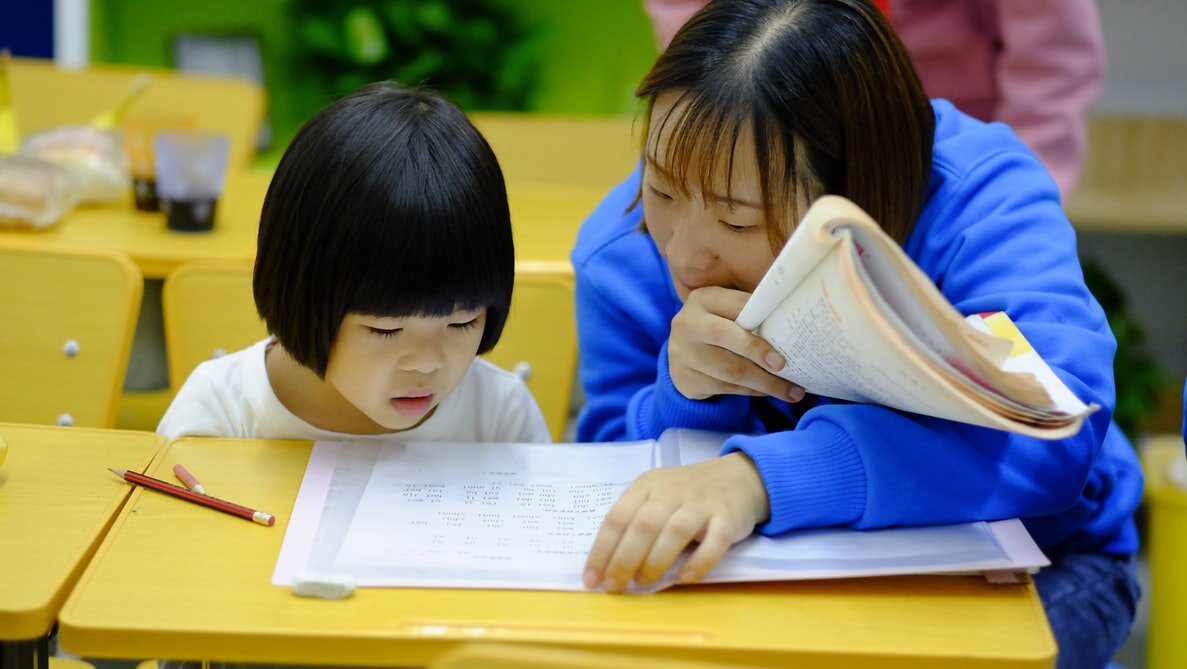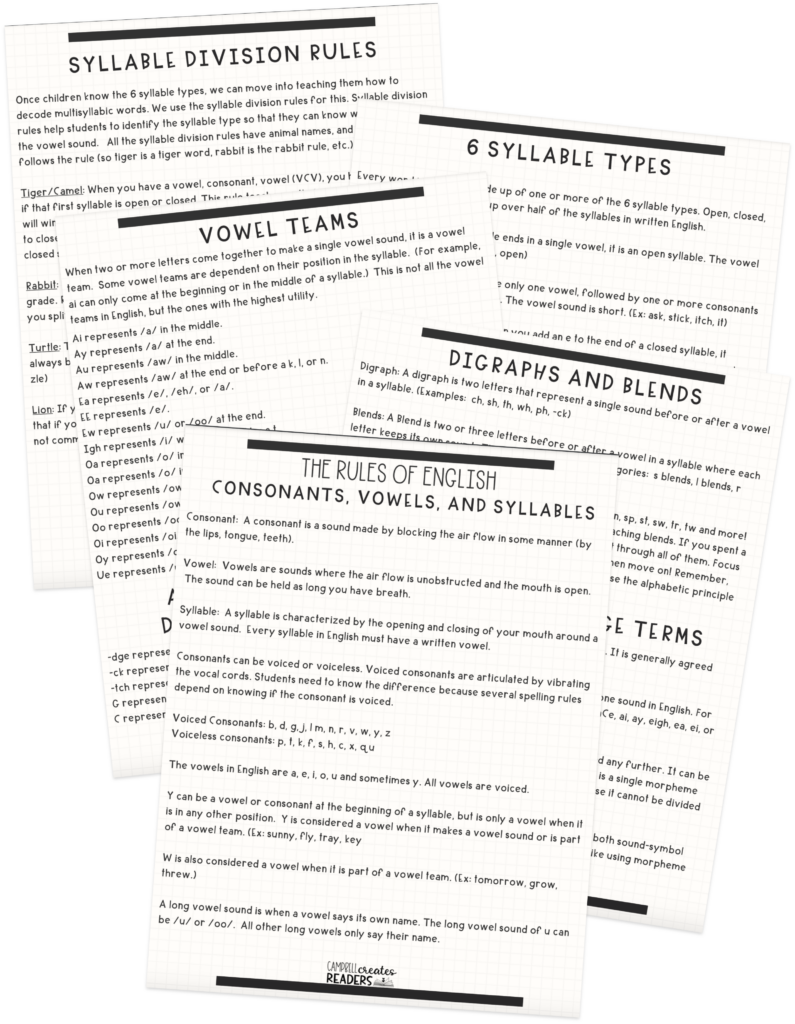
Share This:
We’re about to move into our third school year of this pandemic. That means the children entering second grade have never known a “normal” school year. For some of us, it will be the first time we’ve set foot in a classroom in 18 months. As we go back to school, I know there’s a range of emotions—fear for our safety and our children’s, worry over their learning, and excitement to finally get to do what we love in person again.
I wish I could say that everything will be okay. There was a quote floating around that basically said not to worry, that we will catch children up. That quote is inherently faulty. The children who do well in school will most likely continue to do well in school. The students who struggle with learning will not magically catch up after 18 months of disrupted education when they struggled during a typical school year. Pretending that catching up will be easy is ignoring the very real struggles we are about to face.
I’m not telling you that you must work harder. I literally don’t think teachers can work any harder. Instead, this year I want us to work more intentionally. Today, like always, I’m going to talk about the Science of Reading. But with this post, I will offer some tips on moving forward this school year with intention to make the biggest impact for your students.

I’ve said this before, but it is worth repeating—you do not have to overhaul your classroom overnight for the Science of Reading. You don’t need to completely reconfigure your small groups, plus incorporate a phonics curriculum and Kilpatrick and, and, and. Take a deep breath and choose one thing. Pick the thing you feel will move your students the farthest.
Here are some ideas for starting small:
When I say to be explicit, there are several components involved. Anita Archer defines explicit instruction like this:
Explicit instruction is characterized by a series of supports or scaffolds, whereby students are guided through the learning process with clear statements about the purpose and rationale for learning the new skill, clear explanations and demonstrations of the instructional target, and supported practice with feedback until independent mastery has been achieved (Archer, 2011, p.1). Italics added.
What does that mean? It means we must be clear and unambiguous with our instruction. We must explain, demonstrate, support, and give feedback. We work towards mastery in our instruction. So this year, when you are lesson planning, skip the elaborate discovery “hooks” where children spend 15 minutes trying to uncover the concept. Instead, tell them what you want them to learn. Explicitly teach them the letters, the sounds, and the comprehension strategies they need to become proficient readers.
With explicit instruction, remember to use the Guided Release of Responsibility. We should start by modeling what the skill looks like, then do it with children (ensuring their success), before allowing them to do it on their own. This will take time, and you need to be okay with things taking longer than you thought they would.

This is my goal for the year. Our children need more practice with reading than we are giving them. Last year, we were on a hybrid schedule until April. That meant that I only got to see my intervention groups 2 days a week. I would introduce a skill one day, practice it the next, and then move on to the next skill the following week. I chose to expose them to more skills, instead of giving them the deep practice they needed with the skills I had taught them.
Now, I realize that my children simply need more time to practice the skills I am teaching them. Whether it is phonics, phonemic awareness, vocabulary, or comprehension, they simply need more time. (I did not list fluency because fluency is mostly a product of phonics and phonemic awareness capabilities.) It is very difficult to overdo the practice aspects.
Moving forward this year, let’s agree we will move forward with intention. If we start small, teach explicitly, and give children enough practice, we will catch up. There will be no magic involved—just teachers doing what they’ve always done, helping children become their best selves. I know this school year will not be easy. But it us, the teachers, who are the best chance our children have against reading failure.
Share This:

Savannah Campbell is a K-5 reading specialist. She has taught her entire 12-year teaching career at the school she went to as a child. She holds two master’s degrees in education from the College of William and Mary. Savannah is both Orton-Gillingham and LETRS trained. Her greatest hope in life is to allow all children to live the life they want by helping them to become literate individuals.

Savannah Campbell is a K-5 reading specialist. She has taught her entire 12-year teaching career at the school she went to as a child. She holds two master’s degrees in education from the College of William and Mary. Savannah is both Orton-Gillingham and LETRS trained. Her greatest hope in life is to allow all children to live the life they want by helping them to become literate individuals.
Feeling overwhelmed with all the terminology out there? Want to know the key terms all teachers need to teach phonics? In this FREE Rules of English cheat sheet, you get a 5 page pdf that takes you through the most important terms for understanding English—you’ll learn about digraphs, blends, syllable types, syllable divisions, and move. Grab today and take the stress out of your phonics prep!
